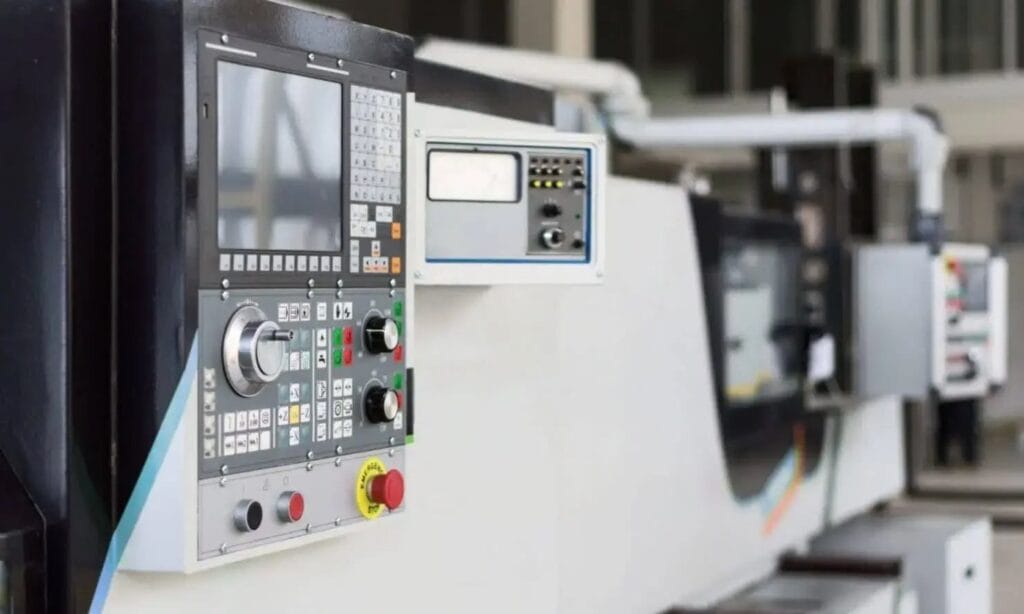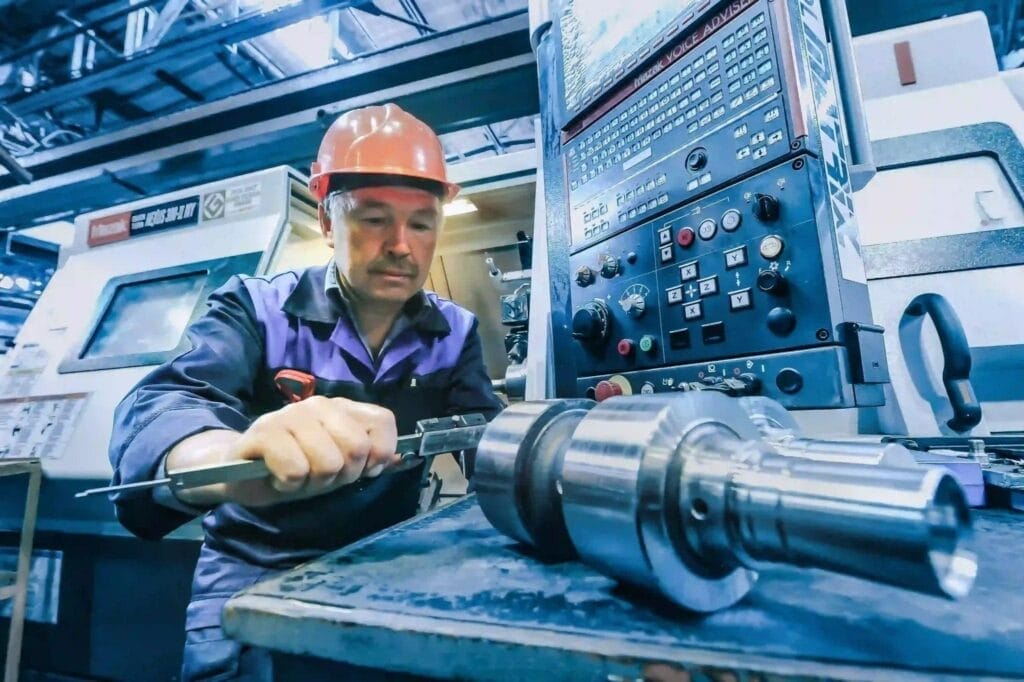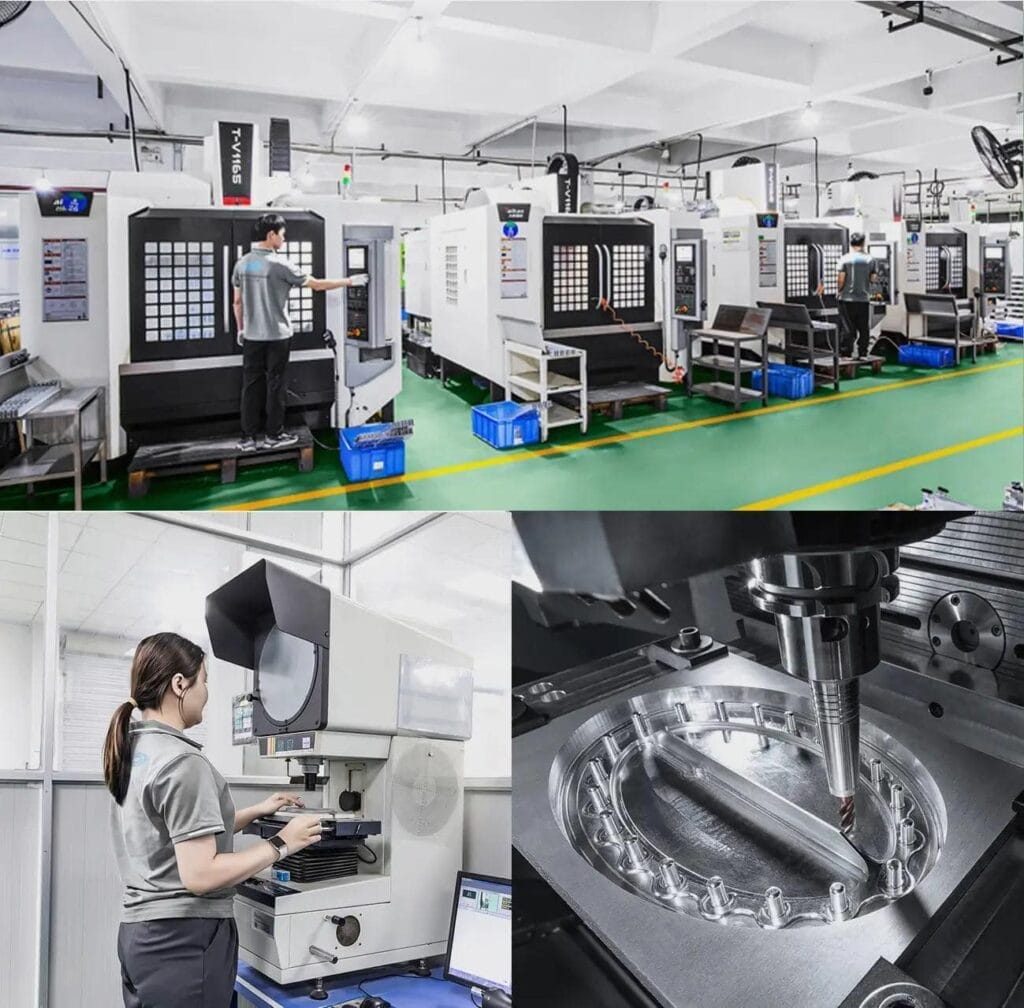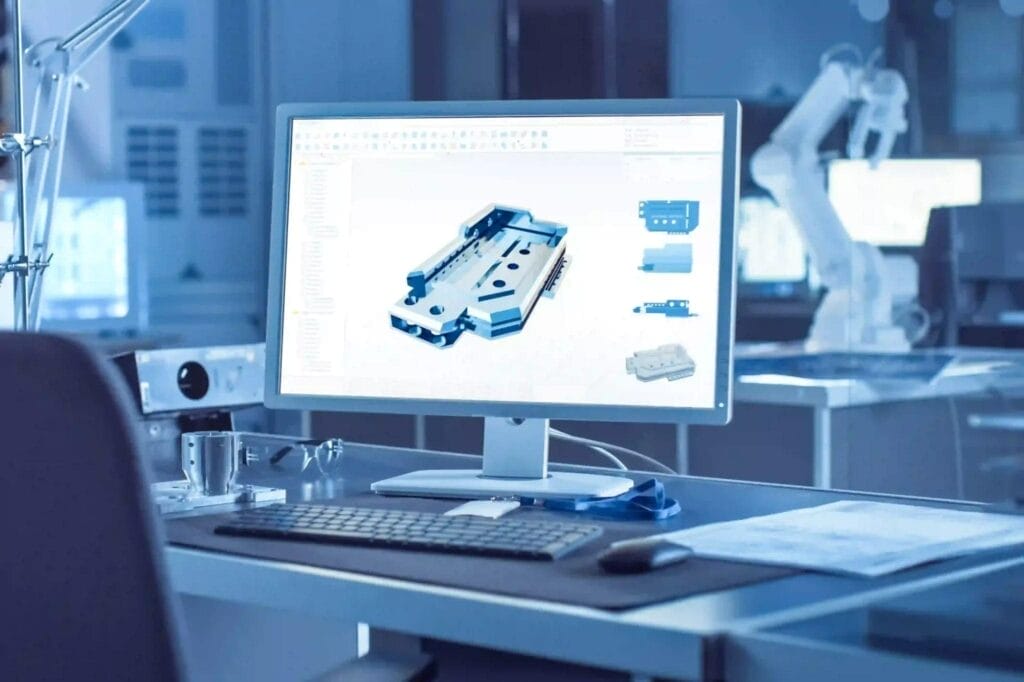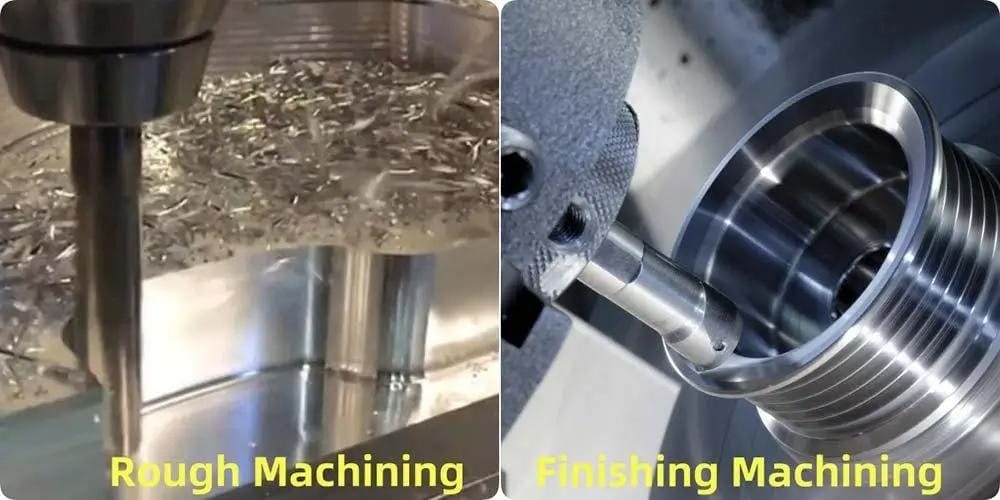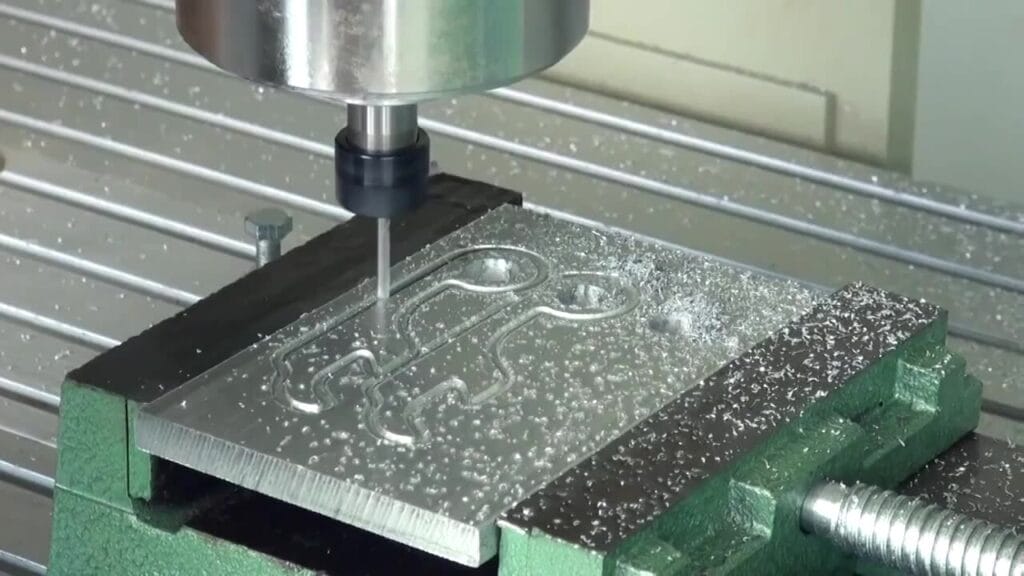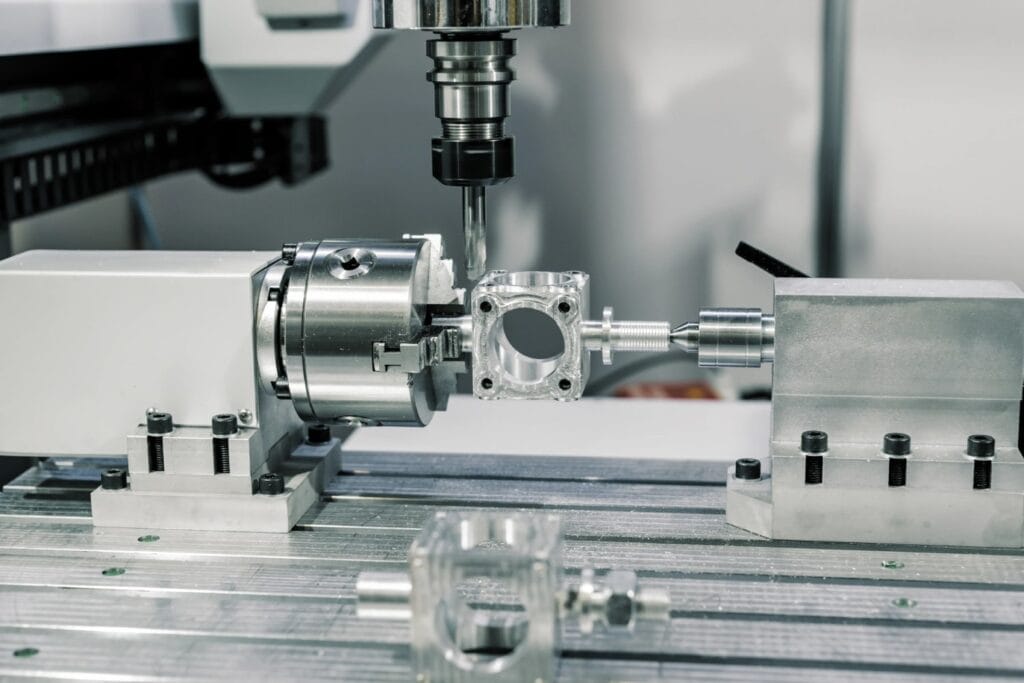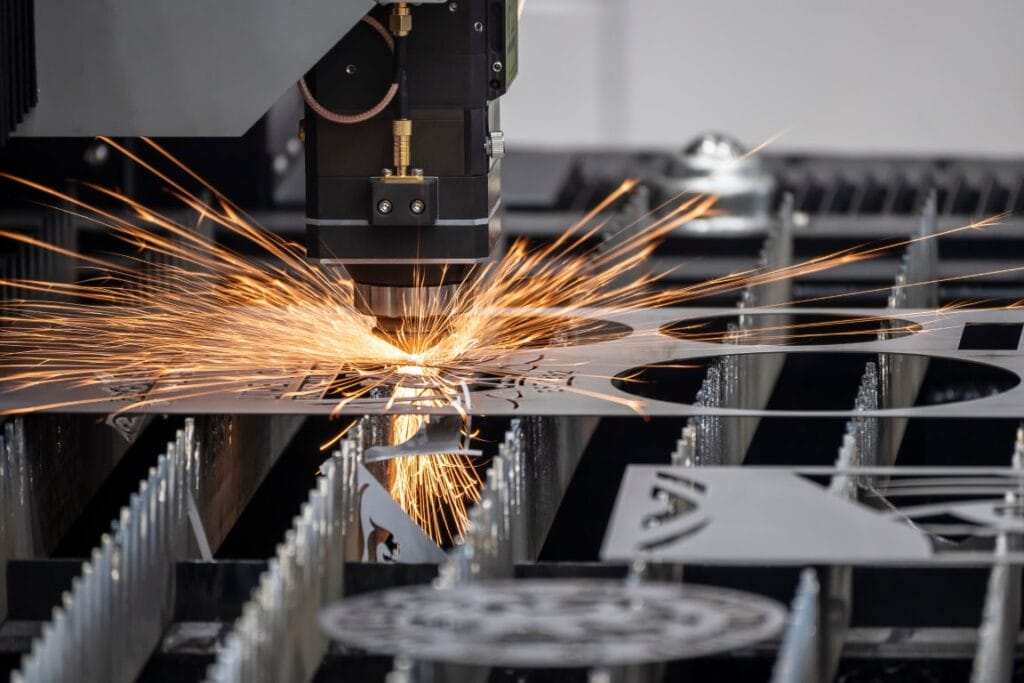CNC Milling Service China
CNC milling uses computer-controlled rotary cutting tools to remove material and create precision metal and plastic parts with tolerances down to ±0.05 mm. At Yijin Solution, our CNC milling service China offers 3-axis, 4-axis, and 5-axis capabilities for metals and plastics used in aerospace, automotive, medical device, and electronics manufacturing. Upload your design files to get an instant quote, and we’ll deliver your prototypes or production parts within 1–3 working days.
- ⬤Service
- ⬤Your Details
- ⬤Submit


What is CNC Milling?
CNC milling is a subtractive manufacturing process that removes material from a stationary workpiece using rotating cutting tools controlled by computer programs. The machining process uses multi-toothed mills, end mills, and drills that move along X, Y, and Z axes to shape components according to CAD specifications. Face milling cuts flat surfaces using the cutter end, while peripheral milling machines cut slots, custom threads, and contours along the cutter circumference.
How CNC Control Systems Work
Computer Numerical Control systems execute G-code instructions from CAM software to automate tool movement in the manufacturing process. The controller manages spindle speed measured in RPM, feed rate in mm/min, and depth of cut for each operation. This automation eliminates manual operation errors and delivers repeatable precision across production runs.
Multi-axis capabilities enable complex geometries that traditional manual milling cannot achieve. 3-axis milling handles straightforward parts, 4-axis systems add rotational movement for features on multiple sides, and 5-axis CNC machines create intricate three-dimensional shapes in single setups.
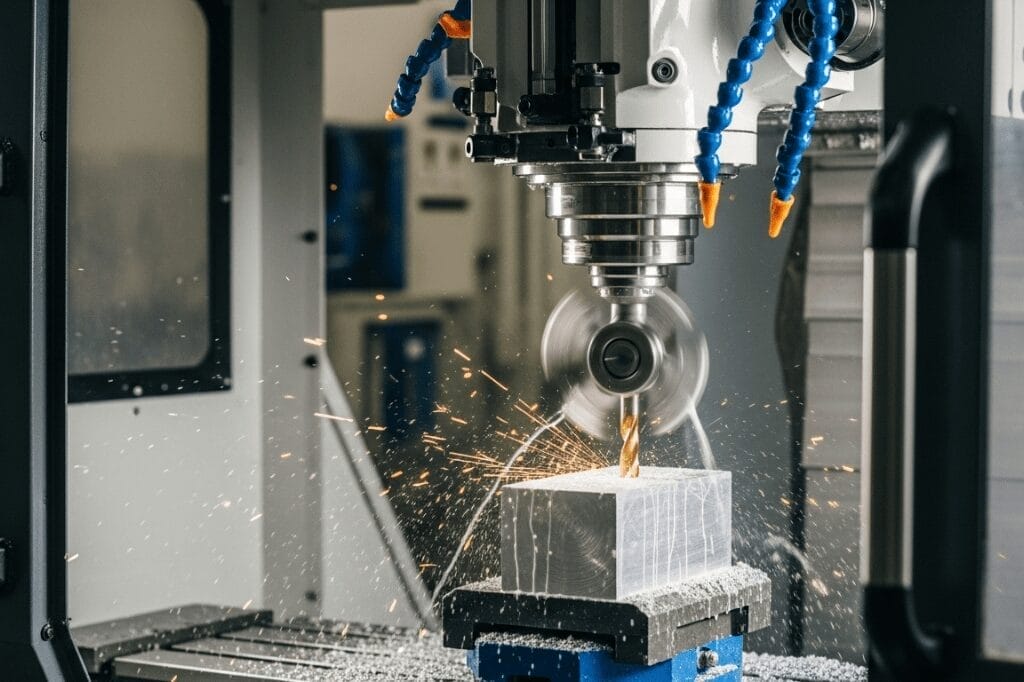

Our CNC Milling Services
We operate vertical and horizontal CNC milling machines with 3-axis, 4-axis, and 5-axis configurations from Haas, DMG MORI, and Mazak. Our 3-axis milling capabilities move cutting tools along X, Y, and Z linear directions for basic geometries. The 4-axis systems incorporate A-axis rotation around the X-axis for machine parts requiring work on multiple sides without repositioning. Our 5-axis indexed milling processes add B-axis and C-axis rotational movement to create undercuts, angled features, and complex parts in a single operation.
Service Capabilities
| Service Type | Turnaround Time | Tolerance Range |
|---|---|---|
| Rapid Prototyping | 1–3 working days | ±0.1 mm standard |
| Low-Volume Production | 3–7 working days | ±0.05 mm tight |
| High-Volume Manufacturing | Project-dependent | ±0.05 mm tight |
We offer CNC machining capabilities across aluminum alloys (6061, 6063, 7075, 2024, 5052), stainless steel (304, 316, 416, 303), tool steels (4140, 4340, Q235, Q345), titanium (Grade 2, Grade 5 Ti-6Al-4V), brass (C36000, C26000, C28000), copper (C11000, C12000, C12200), and engineering plastics including PEEK, POM, Delrin, Nylon, PMMA, ABS, PVC, PP, and PC. No minimum order quantity requirements apply for any production volume.
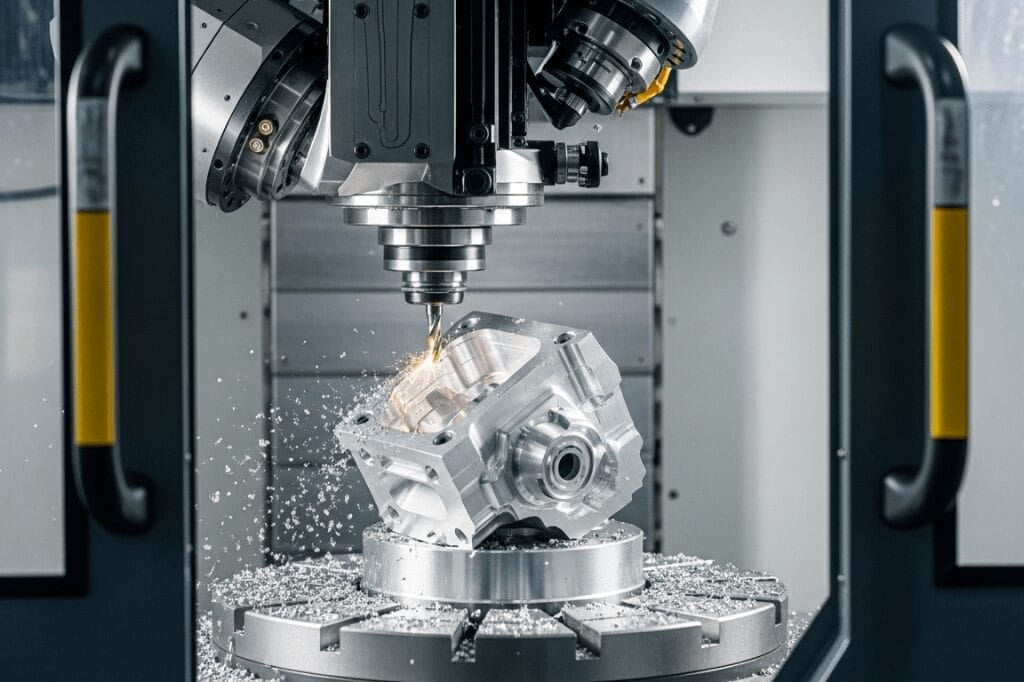
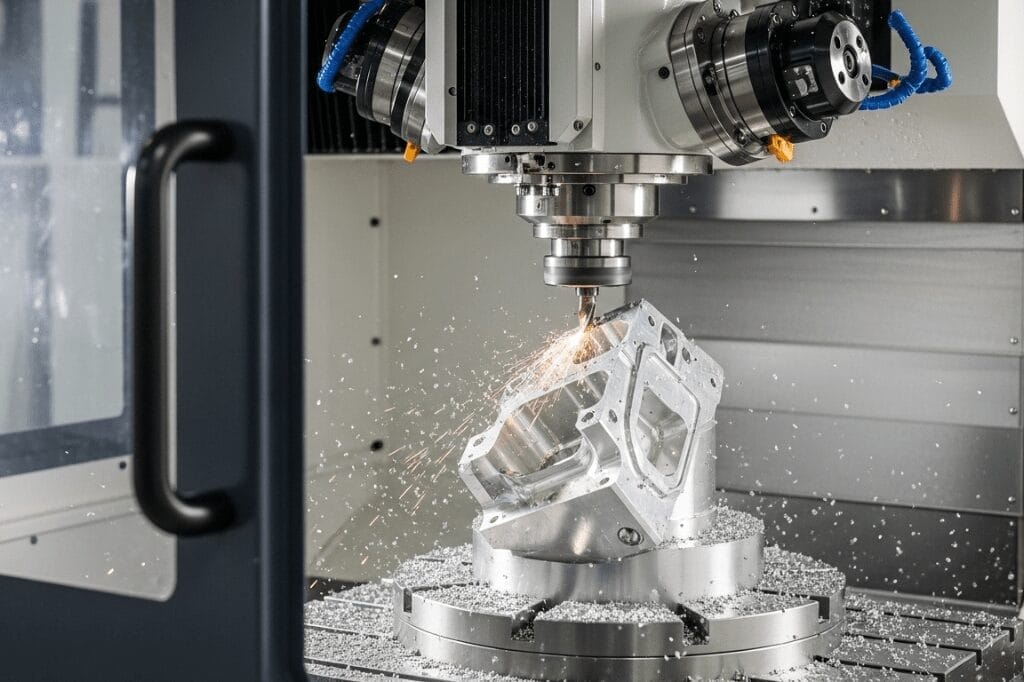
How does CNC Milling Work?
The CNC machining process follows a four-step workflow that converts design files into finished parts. Engineers create CAD models to design parts with specific geometry, dimensions, and tolerances using software like SolidWorks, AutoCAD, or CATIA. CAM software converts CAD files into CNC-compatible G-code containing toolpath instructions, cutting parameters, and tool change sequences.
Machining Process Steps
Our machine shop operators select appropriate cutting tools based on material properties and feature requirements. End mills handle general operations, face mills create flat surfaces, and ball nose cutters machine curved contours. Operators secure workpieces using vises, fixtures, or vacuum tables before loading G-code programs into the CNC machine controller.
Automated machining executes roughing operations first to remove bulk material at high feed rates between 200–500 mm/min, depending on material hardness. Semi-finishing passes refine dimensions and reduce surface roughness. Finishing operations deliver final CNC machining surface quality between 0.8–3.2 µm Ra and achieve specified tolerance through precise tool movements at reduced feed rates.
Quality control technicians verify dimensions using coordinate measuring machines (CMM), micrometers, calipers, and dial indicators. We document measurements and provide inspection reports with all delivered CNC parts.
What Materials Can Be CNC Milled?
Material selection determines cutting speeds, tool selection, and coolant requirements for optimal machining efficiency. Our CNC machining materials include metals and plastics suitable for diverse applications. Aluminum alloys machine at 300–600 m/min with carbide tools and require minimal coolant due to excellent thermal conductivity. Stainless steel grades like 304 and 316 demand slower speeds (100–200 m/min) and proper coolant application to manage work hardening.
Material Properties and Machining Parameters
| Material | Cutting Speed | Key Applications |
|---|---|---|
| Aluminum 6061, 7075 | 300–600 m/min | Aerospace structures, electronics enclosures |
| Stainless Steel 304, 316 | 100–200 m/min | Medical devices, food processing equipment |
| Titanium Grade 5 (Ti-6Al-4V) | 60–120 m/min | Aerospace components, medical implants |
| Brass C36000 | 150–300 m/min | Electrical connectors, valve components |
| PEEK, POM plastics | 100–250 m/min | Automotive parts, electrical insulators |
Titanium requires specialized tooling and slower speeds due to low thermal conductivity, which concentrates heat at the cutting edge. Engineering plastics like PEEK and POM need controlled feed rates to prevent melting from heat buildup. We cut solid plastic and metal blocks into final parts using optimized machining methods for each material type.
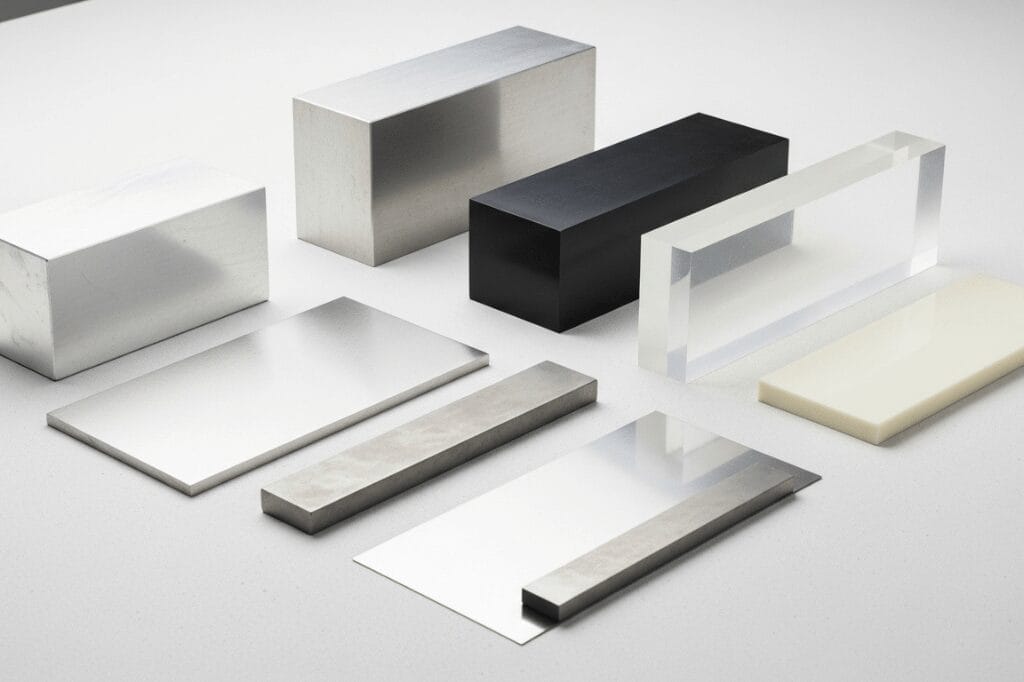
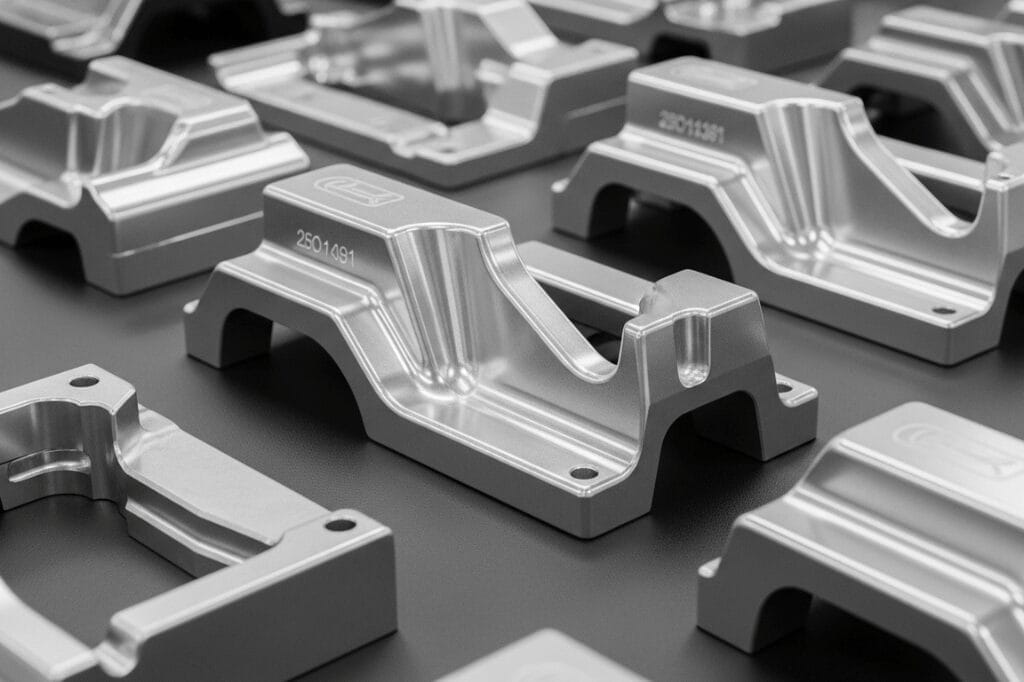
Which Industries Use CNC Milling Services?
Aerospace manufacturers require AS9100 certified quality management for turbine blades, structural components, landing gear parts, and engine housings with tolerances within ±0.076 mm. We produce custom CNC parts from aluminum 7075 and titanium Grade 5, meeting Federal Aviation Administration (FAA) material specifications with full material traceability and certificates of conformance.
Industry-Specific Applications
Automotive Manufacturing: Engine blocks, cylinder heads, transmission casings, suspension components, and custom mechanical parts require high-volume production capabilities with consistent dimensional accuracy for end-use parts.
Medical Device Production: ISO 13485 certification enables the manufacturing of surgical instruments, orthopedic implants, and diagnostic equipment housings from biocompatible materials, including titanium and stainless steel 316L, under controlled conditions.
Electronics Industry: Heat sinks, device enclosures, connector housings, and printed circuit board mounting brackets need precise dimensional control for proper assembly and thermal management.
Industrial Equipment: Custom gears, shafts, bushings, molds, dies, and tooling support manufacturing operations across sectors with precision CNC machining.
What Tolerances and Precision Can CNC Milling Achieve?
Our precision machining services deliver standard tolerances of ±0.1 mm for general applications and tight tolerances down to ±0.05 mm for precision components. 5-axis machines achieve tighter tolerances than 3-axis systems by reducing setup changes and maintaining consistent tool orientation throughout operations. Surface finish quality ranges from 3.2 µm Ra for general work to 0.8 µm Ra for precision finishing on CNC-machined parts.
Precision Measurement and Verification
Position accuracy depends on machine calibration, thermal stability, and cutting parameter optimization. Our CNC milling machine centers undergo regular calibration using laser interferometry to verify linear positioning accuracy within ±0.005 mm per 300 mm of travel. Repeatability stays within ±0.003 mm for production consistency across multiple metal parts and plastic components.
Critical dimensions receive 100% inspection using CMM equipment with a measurement uncertainty of ±0.002 mm. We provide detailed inspection reports, first article inspection (FAI) documents, and material certificates meeting ASTM, ISO, and DIN standards to request a quote or verify specifications.
Surface Finishing Options
- Sandblasting: Creates a uniform matte texture for improved paint adhesion on milled parts
- Anodizing: Adds a corrosion-resistant oxide layer to aluminum parts with color options
- Electroplating: Deposits metal coatings, including nickel, chrome, and zinc, for enhanced properties
- Powder Coating: Applies a durable protective finish in various colors and textures
- Polishing: Achieves mirror-finish surfaces for aesthetic and functional requirements
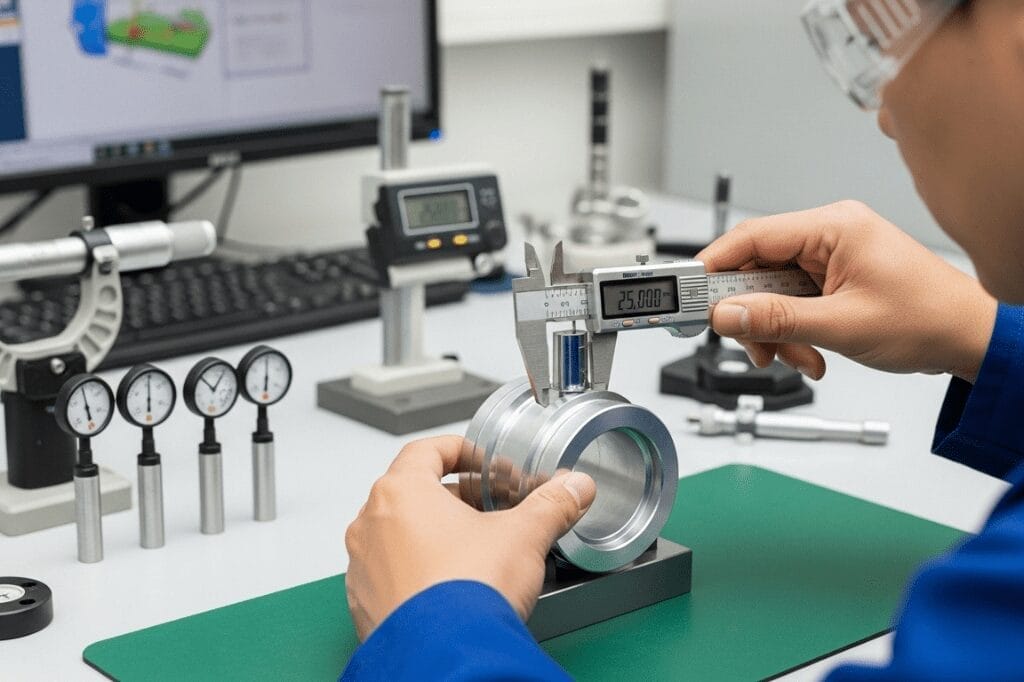
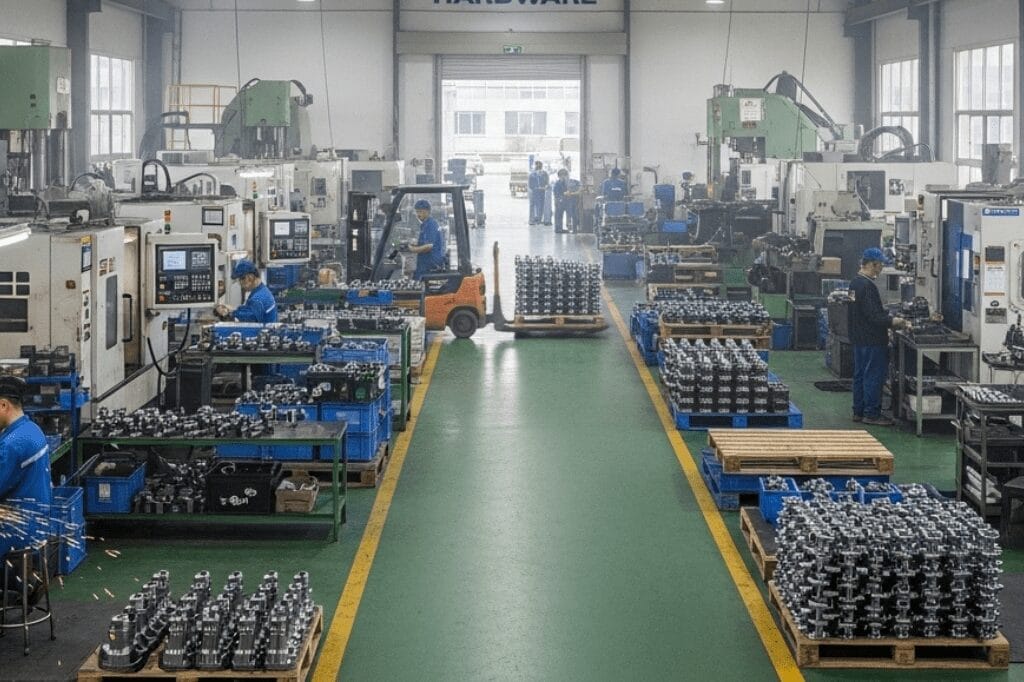
Why Choose Yijin Hardware for CNC Milling Services?
We hold ISO 9001:2015 quality management certification, ensuring consistent process control through documented procedures and continuous improvement. Our AS9100 aerospace certification qualifies us for defense and aviation component production with stringent material traceability requirements. ISO 13485 medical device manufacturing certification enables production of surgical instruments and implants with biocompatible material verification.
Our engineering team brings 20+ years of custom CNC machining experience across prototype development and production manufacturing. We deliver parts on time with rapid quotations within 24 hours on working days—get a quote through our instant online quote system with detailed specifications for material selection and delivery schedules.

What Our Clients Say
CNC Milling Services FAQs
The variety of CNC machines includes CNC milling machines that remove material using rotary cutters, CNC turning machines (lathes) that rotate workpieces against stationary tools for turn parts, CNC routers for cutting softer materials, CNC plasma cutters using ionized gas for metal cutting, and CNC laser cutters employing focused beams. Each machine type serves different machining projects based on material properties and part geometry requirements.
Titanium Grade 5 (Ti-6Al-4V) ranks among the hardest materials to machine due to low thermal conductivity, causing rapid tool wear. Inconel superalloys present similar challenges, with high strength retention at elevated temperatures and work hardening characteristics. Tungsten carbide requires polycrystalline diamond (PCD) or cubic boron nitride (CBN) cutting tools due to hardness exceeding 1,500 HV.
CNC machining costs vary based on machine complexity, material selection, and production volume, making it cost-effective for both simple parts and complex geometries. 3-axis operations cost less than 5-axis setups due to simpler programming and shorter cycle times. High-volume production spreads setup costs across many parts, lowering per-unit pricing compared to prototype quantities for parts for prototyping applications.
CNC Resources
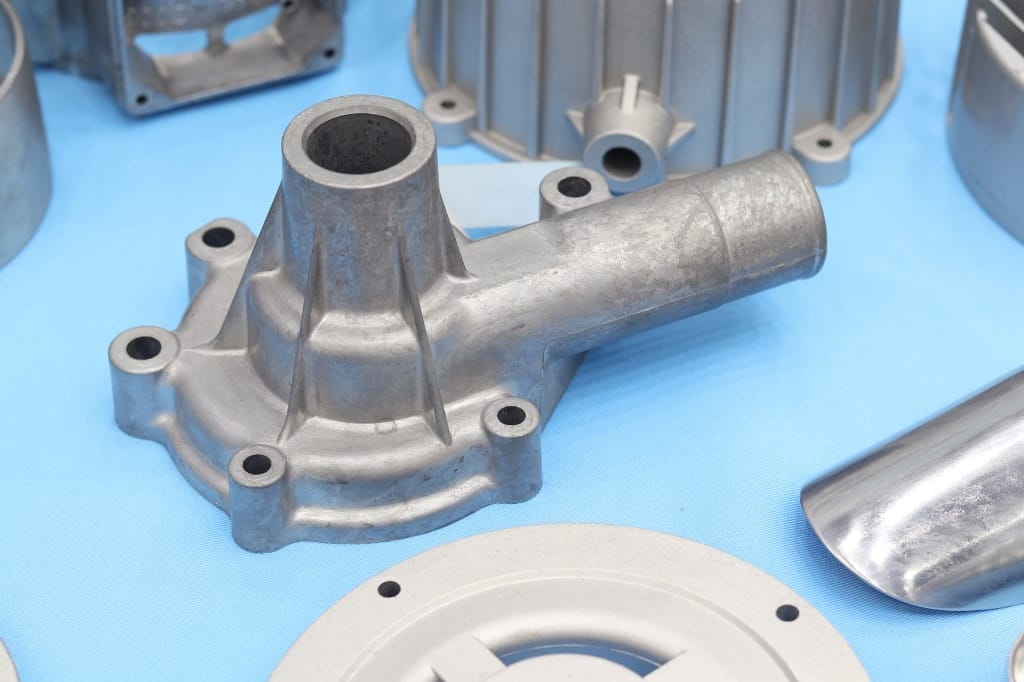
Cast Aluminum | Everything You Need to Know About Alloys, Casting, and Machining
Pick the wrong aluminum alloy or casting method, and you’re looking at thousands wasted on tooling and months of production
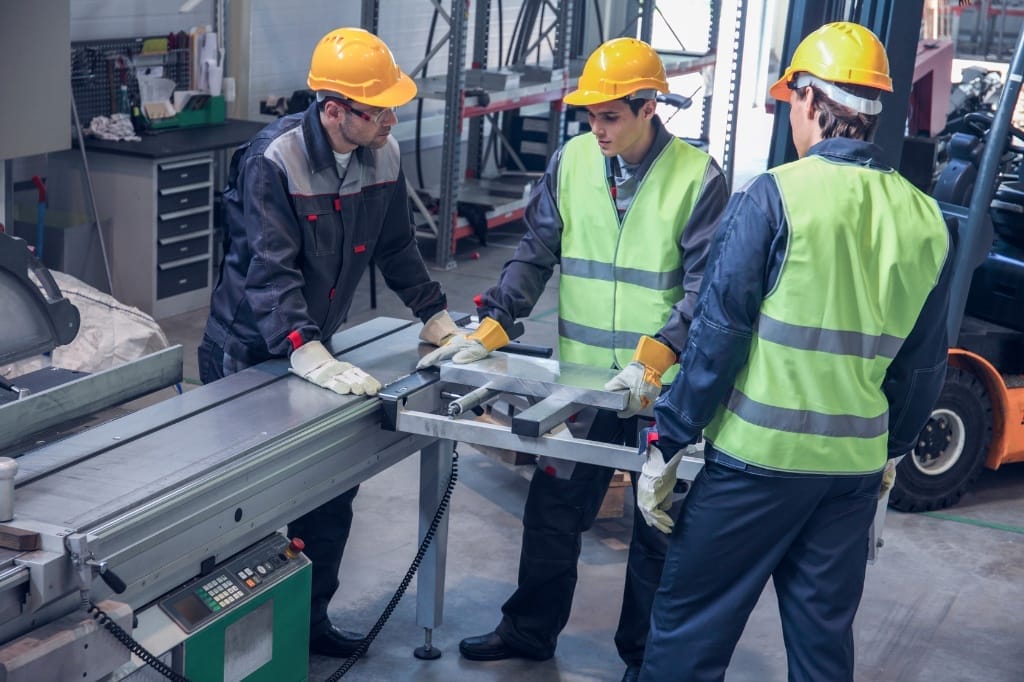
How Many Jobs are Available in Metal Fabrication Right Now?
Metal fabrication currently employs 57,810 structural metal fabricators and fitters across the United States, according to May 2023 data from
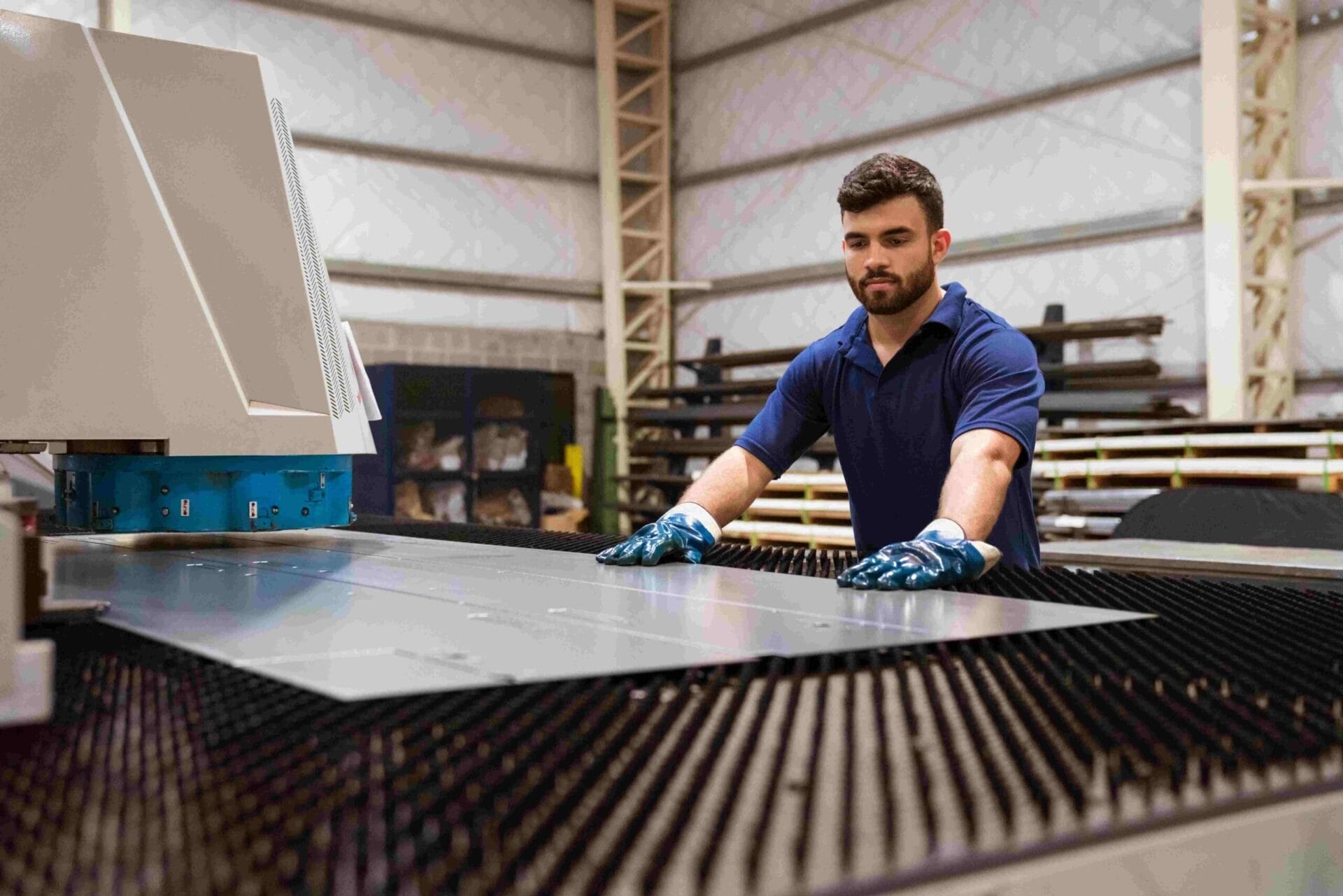
Top 10 Sheet Metal Fabrication Companies Leading the Industry in 2025
Sheet metal fabrication takes flat metal sheets and turns them into functional parts through cutting, bending, and assembly—using advanced CNC
Start today. Get parts made fast.
Free Machined Parts Design to Your Projects with Fast Turnaround Times.


